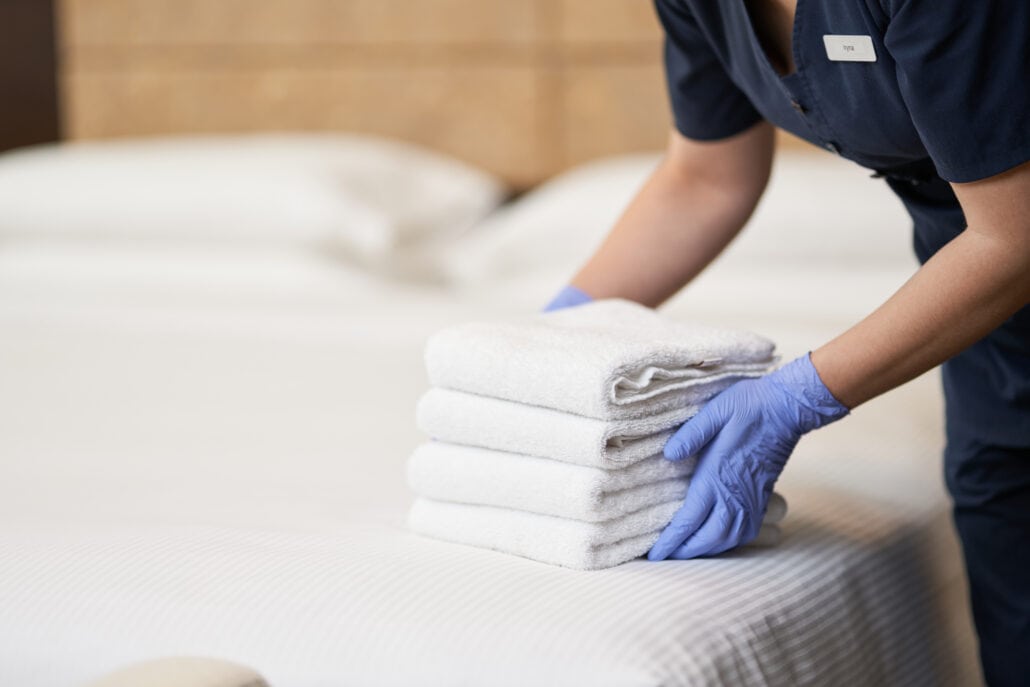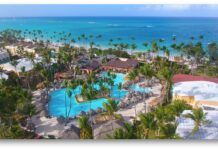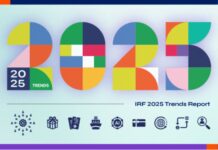
The Incentive Research Foundation’s Incentive Travel Programs—Expectations & Challenges survey says staffing and service levels are top site selection considerations for planners.
Following up on research conducted in 2022, a recent IRF study suggests that while the outlook for incentive travel remains strong, planners are facing the ongoing effects of inflation and a tight labor market. A total of 372 respondents completed the survey between April 30 and June 9, 2023: 92 hoteliers, 19 CVBs, 45 DMCs and 216 incentive planners/third-party incentive companies.
“When we fielded the prior edition of this study in 2022, the industry was easing out of the pandemic and the collective ethos was ‘we’re in it together,’” said Stephanie Harris, IRF President. “In 2023, expectations are high, and planners are watching to see if destinations and hotels are truly ready to deliver pre-pandemic service levels. While there is year-over-year improvement, all segments of the industry are dealing to varying extents with staffing shortages, service levels, and cost increases.”
Top Takeaways
• The overall outlook is for incentive travel to increase or hold steady through 2024. 31 percent of planner respondents expect incentive travel to increase between 10 and 49 percent, 26 percent of planners expect a 1 to 9 percent increase and 25 percent expect about the same number of programs.
• The focus for incentive travel in the coming 18 months has shifted slightly. Planners are considering 10 percent fewer domestic programs, from 83 percent in 2022 to 73 percent in the current survey.
• 96 percent of planners say staffing and service levels are top concerns in selecting hotels and destinations.
• Daily housekeeping is no longer an automatic expectation. Only 72 percent of hotelier respondents currently provide it.
• 88 percent of planners who have operated a group incentive travel program in the past 18 months say that competitive rates and prices are higher than before the pandemic. 80 percent say that hotel responsiveness is worse than 2019 levels.
• When partnering with tourism bureaus, CVBs and DMCs, the top concerns of planners are expense increases (85 percent), staffing (79 percent), and transportation (45 percent.)
• Among the areas planners say have recovered or surpassed 2019 incentive programs are activities and recreation (both on and off property), quality of food, event and activity options and responsiveness from tourism bureaus and CVBs.
You May Also Be Interested In…
New SITE Research: Qualifiers Choose Incentive Travel as Top Reward
IRF Insights: How to Reach New Talent as the Industry Bounces Back
KPIs to Measure the Effectiveness of Incentives










